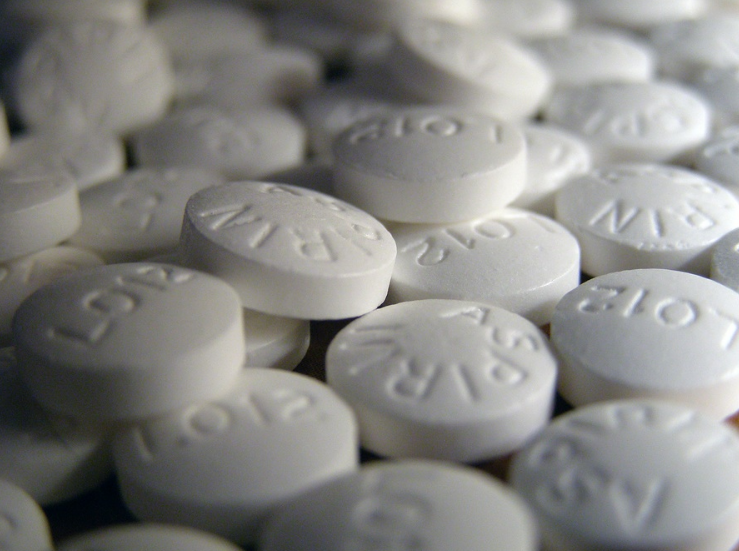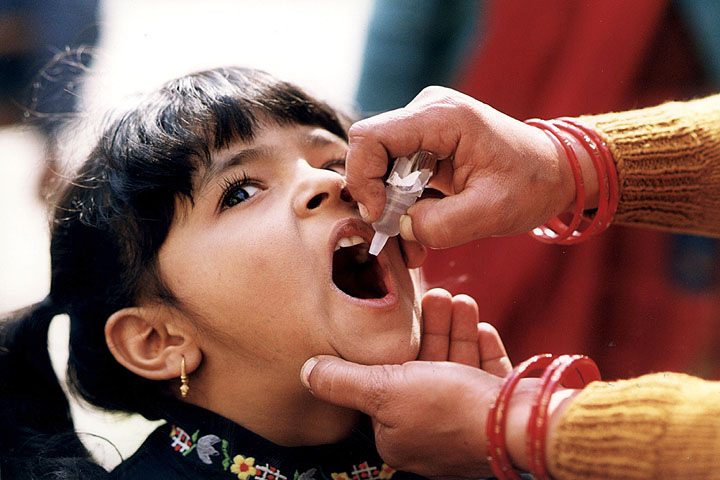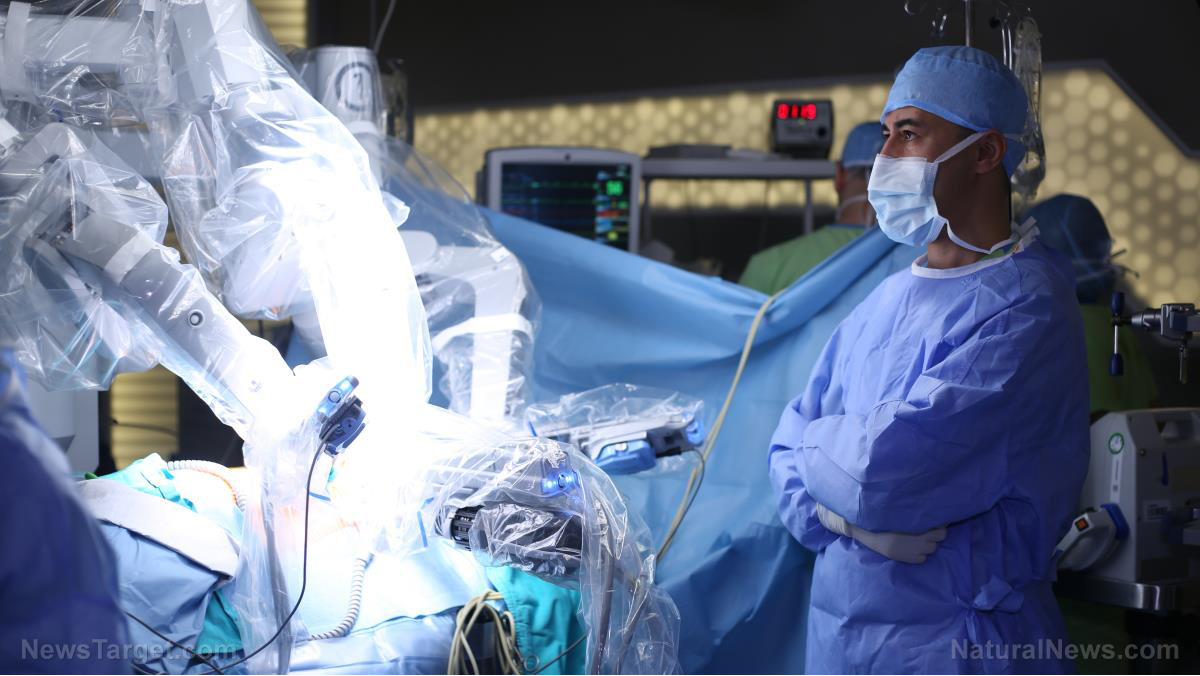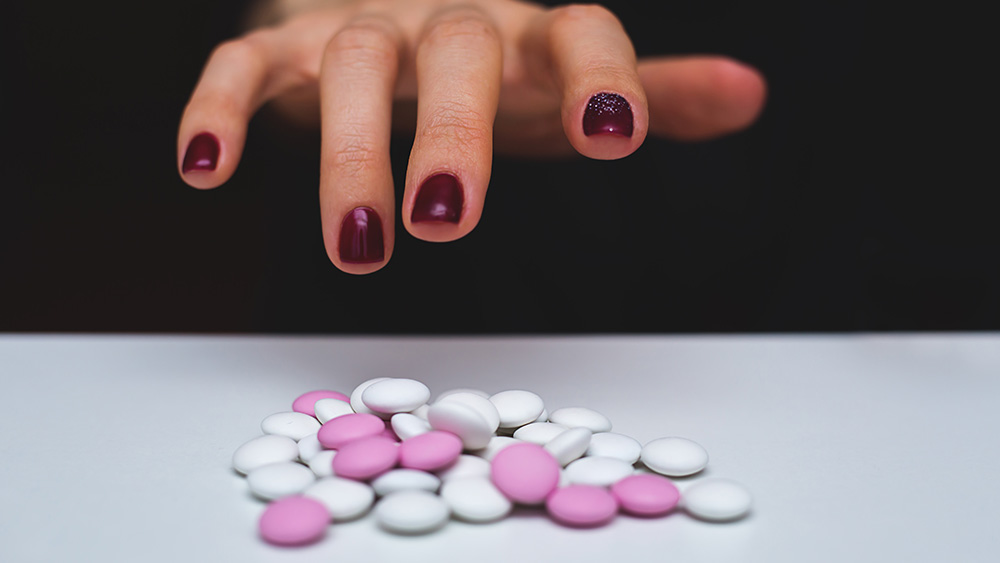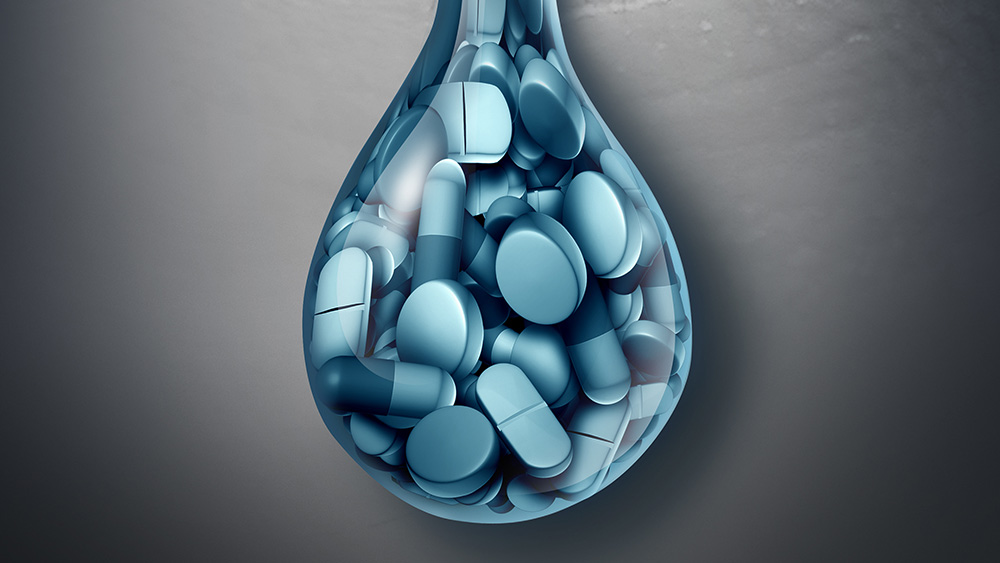Use of penicillin early in life, even in low doses, affects the gut microbiome, contributing to brain inflammation and changes in behavior
11/18/2018 / By Rita Winters
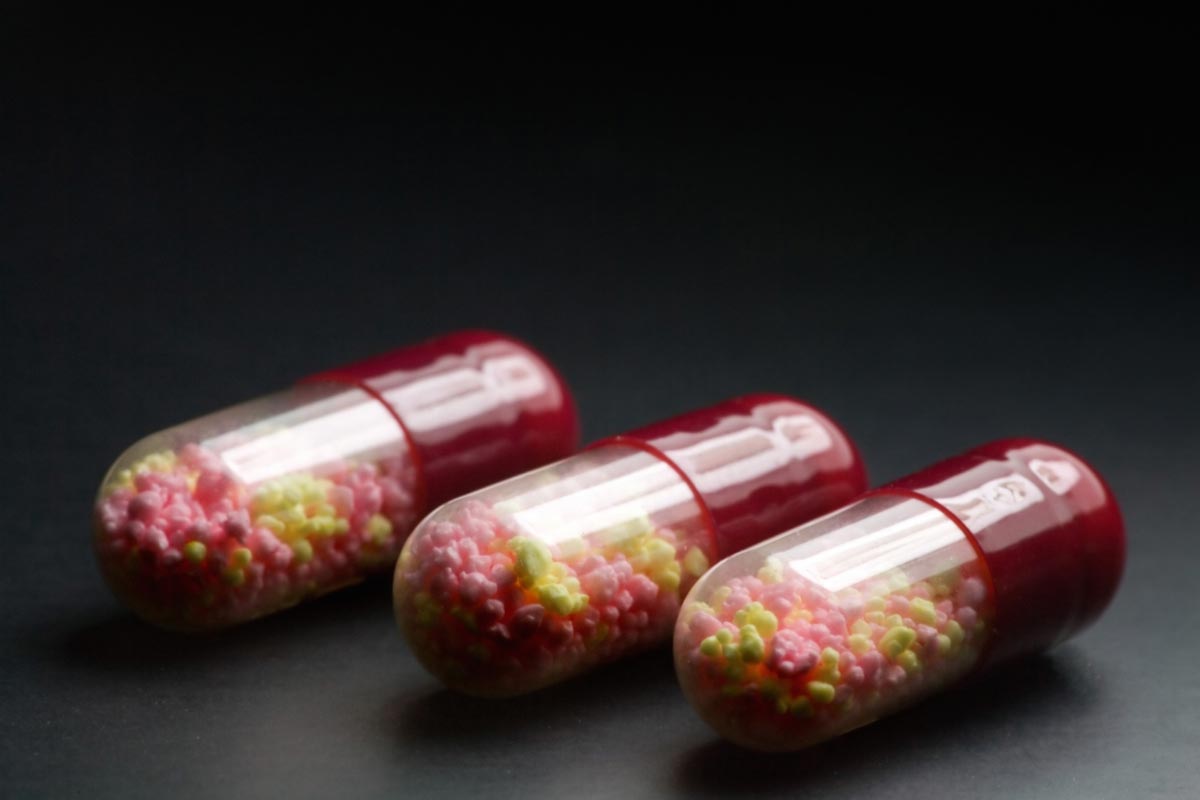
It is truly unavoidable to catch a cold or contract a disease, especially with today’s lifestyle trends and medical misinformation. A lot of the medicine we use to treat our health conditions may actually cause more harm than good. A St. Joseph’s Healthcare Hamilton and McMaster University joint study found that low doses of penicillin administered to pregnant mice and their young results in behavioral changes that have long-term effects.
The study, which was published in Nature Communications, reports that the behavioral changes noted in the mice included elevated levels of aggression, characteristic neurochemical changes in the brain, and imbalance in the gut microbiome of the mice. On the bright side, giving the mice a lactobacillus strain of bacteria managed to prevent the effects of the administered penicillin.
Low-dose penicillin taken in late pregnancy and early life of mice offspring results in behavioral changes and imbalances in the microbes of the gut. While the tests were done on mice, there are increasing concerns about the long-term effects of antiobiotics in humans, according to Dr. John Bienenstock, director of the Brain-Body Institute at St. Joseph’s Healthcare Hamilton and distinguished professor at McMaster University.
Large doses of multipurpose antibiotics in adult animals have been shown to affect behavior, but none have been able to test the effects of clinical doses of commonly used antibiotics, such as penicillin, on the bacteria in the gut and in behavior. Almost all babies in North America have received some dose of antibiotics during their first year of life. Researchers are looking into analyzing the effects of the drug on the offspring of the mice if given only to the pregnant mothers (teratogenesis).
Penicillin, PCN, or pen, is a group of antibiotics discovered by Alexander Fleming in 1928. Penicillin has many types including: Penicillin G, for intravenous use; penicillin V, for oral ingestion; procaine penicillin; and benzathine penicillin, which is injected into the muscles. It is the first type of medication that is effective against bacterial infections caused by staphylococci and streptococci, but is however, easy to build resistance against. Almost 10 percent of all people around the world are allergic to penicillin.
The study titled “Low-dose penicillin in early life induces long-term changes in murine gut microbiota, brain cytokines and behavior” was funded by the United States Office of Naval Research.
Keep your gut healthy
Whenever we fall ill, most of us automatically turn to our doctors for prescription medicine. However, many diseases and illnesses can be treated or remedied with natural techniques. In fact, following a healthy daily regimen is known to prevent the onset of diseases, especially cardiovascular diseases, metabolic disorders, and what not. Keeping healthy should be easy as:
- Eating the right, natural food that is beneficial to your gut microbiome and the whole body.
- Practicing regular detoxification.
- Getting rid of unnecessary and unproductive activities.
- Regular physical activity.
- Avoiding risk behaviors such as smoking, excessive alcohol consumption, and substance abuse.
- Engaging in social interactions and strengthening emotional capacities.
- Spending time in nature.
- Keeping your mind sharp.
Read PrescriptionDrugs.news for more articles on the risks vs. benefits of prescription drugs.
Sources include:
Tagged Under: Antibiotics, behavioral changes, brain health, dangeorus medicine, gut health, inflammation, mental health, penicillin, penicillin side effects, psychological effects


